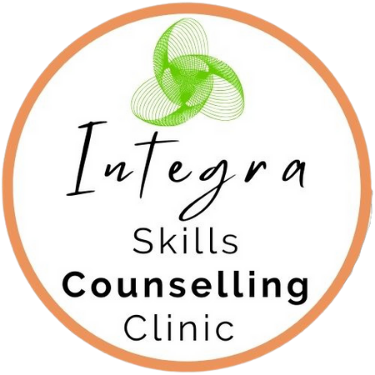Parenting while also being a friend to your child can feel like walking a tightrope. On one hand, if you are too gentle with them, they may take advantage. On the other hand, if you are too hard on them, they may not want to confide in you. In our previous blog post here, we showed you some of the warning signs you may notice in your child that indicate that your child may need some social/emotional support.
The important thing is to truly listen to the child/youths needs and what they are asking for. A lot of adolescents feel like their needs aren’t being heard, but rather told to them by their parent(s).
- Reassure them that you’re on their side and that their feelings are valid. Tell them that you would like to understand better, and there is no “right” or “wrong” here. Then listen and check in with them to make sure you truly do understand. You are not asked to agree! These are their feelings – they may not always be able to explain the whole context to you.
- Allow some time for them to consider the idea of counselling, then broach the subject again. Name what you are noticing and voice your concern, while also addressing the benefits of counselling (a neutral non-judgemental person, getting tools to cope, how to find relief from anxieties, conflict resolution strategies etc.)
- Remind them that it’s okay to seek help and that it doesn’t mean they’re “crazy.” Let them know that a counsellor is neutral and that they will not be judged. Emphasize the importance of addressing challenges and encourage them to tackle their problems head-on instead of sweeping them under the rug.
- Help educate them as to what happens in a counselling session – you can get help from the counsellor to do this. Once they have an idea about the format and their options they may not be as fearful. Read our previous blog here on finding a suitable mental health counsellor or therapist for your child or youth.
- Offer choices and compromise. Let your child lead the way by having them think of ideas of how you can work together to overcome their mental health challenges. Assure them that you will fully support them if the solutions are reasonable and focused on positive changes. However, if you don’t see any progress then they must also be open to trying things your way to the best of their ability. Help them keep their own goals in mind.
- After they agree to seek professional help it’s important to provide them with ongoing support and encouragement. Prepare them that they can choose from several counsellors they can connect with to see who they connect best with. Be their biggest cheerleader. Reiterate that seeking help is a positive step towards feeling better and managing their challenges and let them know that you’re proud of them for taking that courageous step.
Balancing parenting with being a friend to your child is indeed a delicate task, but it is crucial for developing trust. By truly listening to your child’s needs, validating their feelings, and encouraging open communication (theirs AND yours), you can help them navigate their emotional and social challenges. Remember to approach the idea of counselling with sensitivity, emphasizing its benefits and normalizing the process. Offering choices and compromises empowers your child to take an active role in their mental health journey. Your ongoing support and encouragement will help them seek professional help and build resilience. By being their biggest cheerleader, you reinforce the message that seeking help is a courageous and positive step towards a healthier and happier future.

